Venceremos: A Story of Overcoming and Becoming
Jared K. sketches both his father’s and his own story of overcoming in order to become authentic versions of themselves.
Last Friday, April 12, 2019 was GLSEN’s Day of Silence, a student-led national event where folks took a vow of silence to highlight the silencing of erasure of LGBTQ people at school.
Over 50 years ago, in the fall of 1966 at Emory University in Atlanta, a college freshman got kicked out of school for hitting on his roommate. That college freshman was a man. So was his roommate.
That college freshman was my dad.
After his dismissal, he attempted to commit suicide by slitting his wrist.
Again.
Four years before that, shortly following his bar mitzvah to celebrate his thirteenth birthday and his ascent into manhood, he had become so distraught trying to understand what was going on inside his mind and inside his body and inside his heart and inside his soul that he felt he had no alternative but to end all the misery.
What were the alternatives for a gay adolescent boy in the early 1960s in urban America?
Because what were the alternatives for a gay adolescent boy in the early 1960s in urban America? And what were the alternatives for a gay young adult in the late 1960s on a college campus in the South?
Go to Cuba of course.
As part of the first Venceremos Brigade, a cadre of young American idealists dedicated to Cuban/American solidarity in the face of hostilities between the governments of the two nations.
But then what?
After a summer helping Castro with the sugar harvest, it’s back to the US, and a chance trip to a college town in the Midwest. Where he meets a young woman who has just finished high school, ready to leave her alcoholic, abusive father and her overbearing, religious mother.
They elope. They move to New Mexico. She’s eighteen. He’s twenty-two. He finishes college. He fathers a son. Because that’s what young men do in America in the early 1970s. Because it would be another six months before the American Psychiatric Association (APA) removed homosexuality from its list of mental illnesses.
I am that son.
Armed only with a Bachelor’s degree in English, a box of Pampers, and an old beat up Datsun, the family of three moves to sunny San Diego. Less than two years later, my father musters the courage to tell my mother that he doesn’t love her, that he isn’t attracted to her, that he isn’t attracted to women at all. That he’s sorry. That he has to leave her and me behind and become who he is.
My mother is twenty-one with a two-year-old, no work experience, no education beyond high school, and now with an ex-husband who is gay.
Three years later my father moves to LA to get a better job. Six years on he moves to San Francisco to immerse himself in his community. The community that he has been seeking for more than twenty years. The community that accepts him for who he is. The community where he feels safe and loved and validated.
I am eleven. I don’t know he’s gay. Until he tells me when I’m fourteen. Then he tells me he is HIV+. Then he tells me that his boyfriend just died of AIDS.
I don’t tell anyone that I have a gay dad. I’m too embarrassed. Ashamed. Confused. Angry. When I’m twenty I tell my best friend Amy. She says, “big deal.” I am transformed.
I don’t tell anyone that I have a gay dad. I’m too embarrassed. Ashamed. Confused. Angry.
I develop a strong relationship with my dad. I learn from him. I am inspired by him. I am motivated to be a good person because of him. He exposes me to all kinds of new worlds – new people, new perspectives, new ideas, new ways of being. I revel in this newness. I come alive. I become aware of all that I was previously missing.
Just like my dad.
On September 29, 2000, my dad dies of AIDS. I move to San Francisco. I continue on my path of learning and growing and discovery and exploration and expansion. I teach, I write, I coach, I facilitate dialogue, I engage in conversations, I tell stories, I listen to stories, I empathize with people’s struggles, I cry with people ‘not like me’, I laugh with people ‘not like me’, I read books and articles and pamphlets and magazines.
I evolve my consciousness. I connect with the vast dynamism of the human condition. I have an insatiable quest to transform myself into the person I am meant to be.
I have an insatiable quest to transform myself into the person I am meant to be.
I am still on that quest. I suspect it will never end. There is no end. Only endless beginnings. Endless opportunities to transcend. To learn. To grow. To understand what is possible.
For me. And for others. And for us together.
I am on a quest to un-silence and un-erase the silencing and erasing of people like my father, and of any and all people who have been – and continue to be – silenced and erased. It’s what I’m called to do.
What about you?

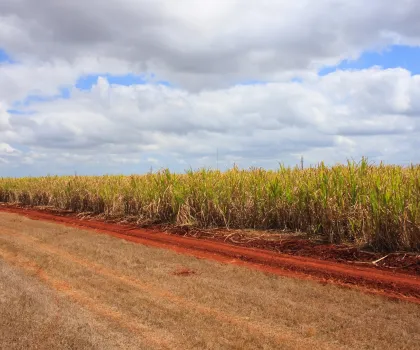
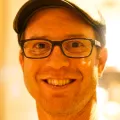
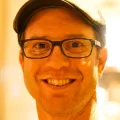
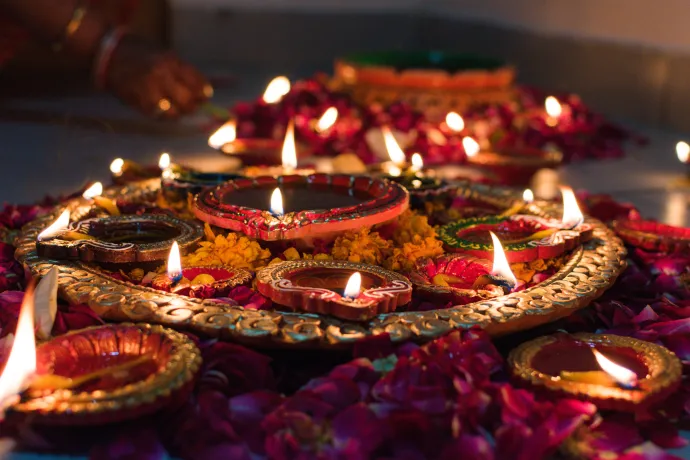
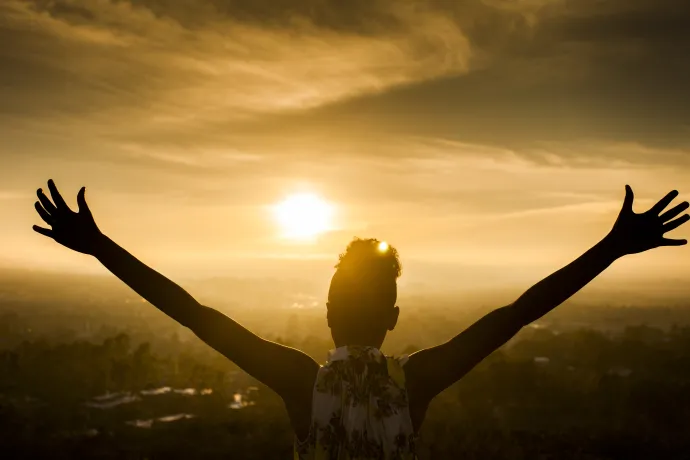
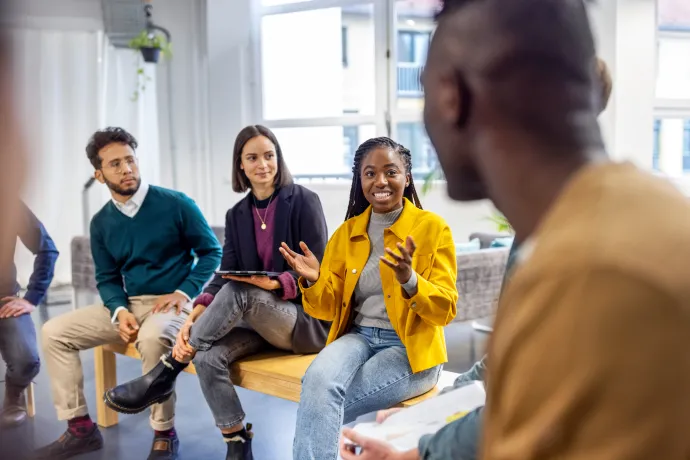
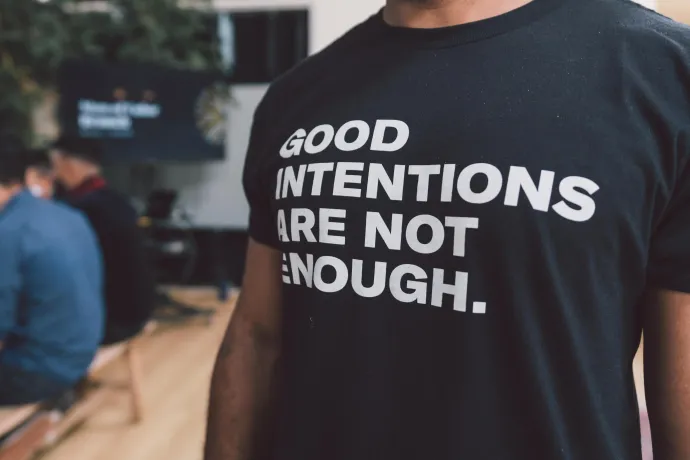
We encourage you to share your thoughts on your favorite social platform.